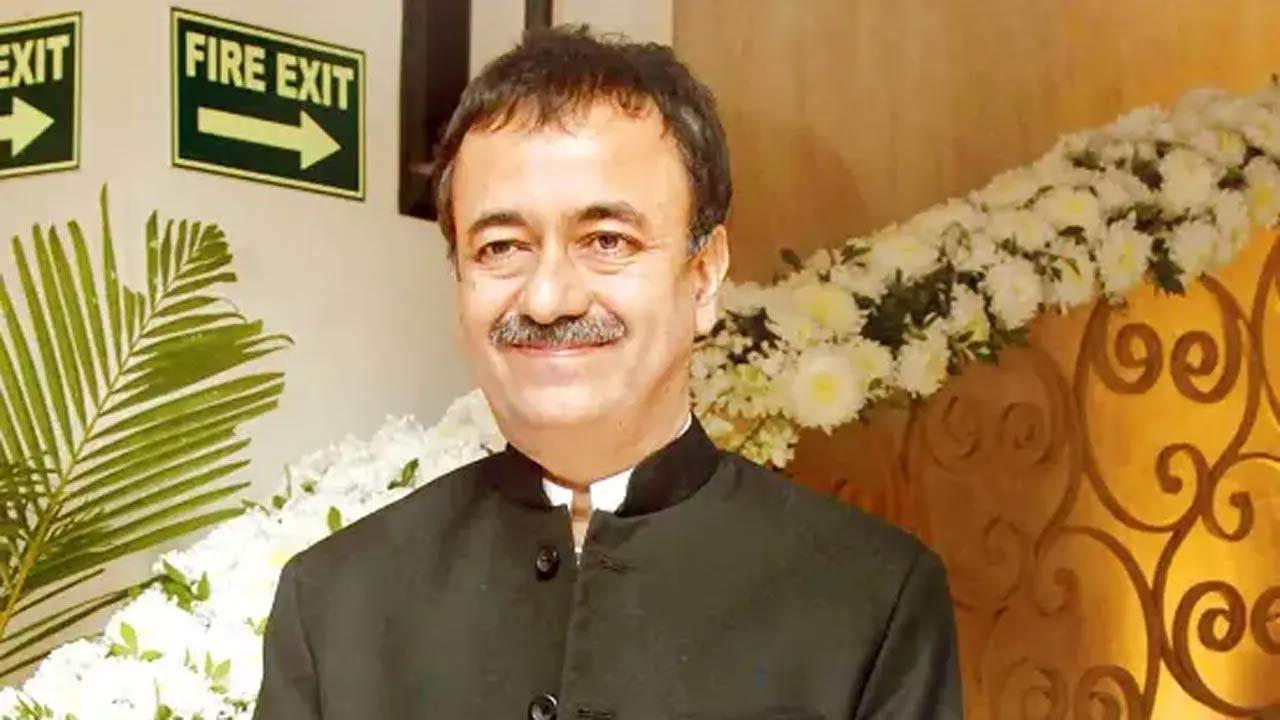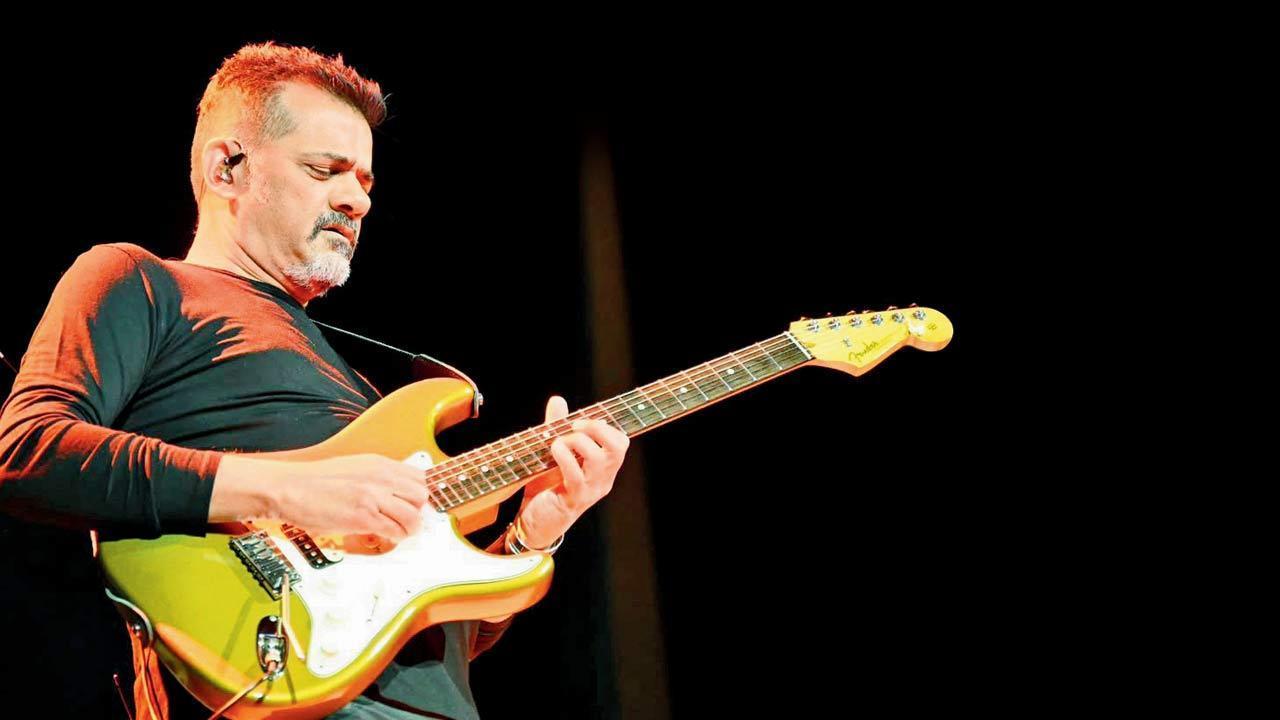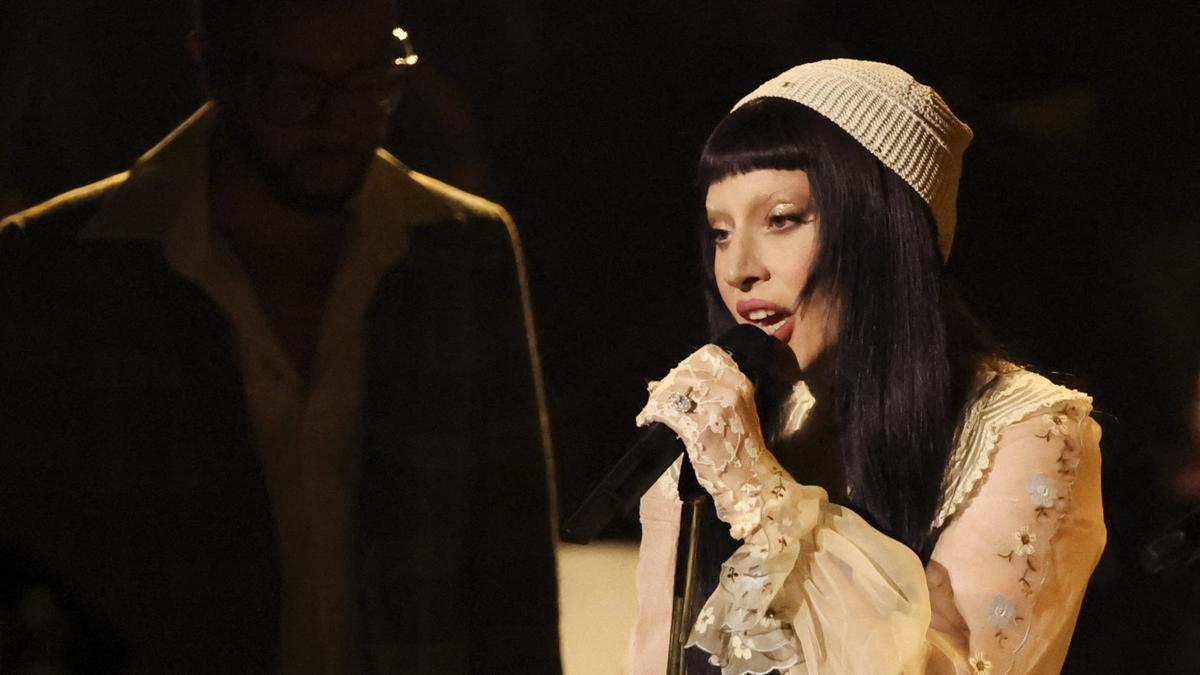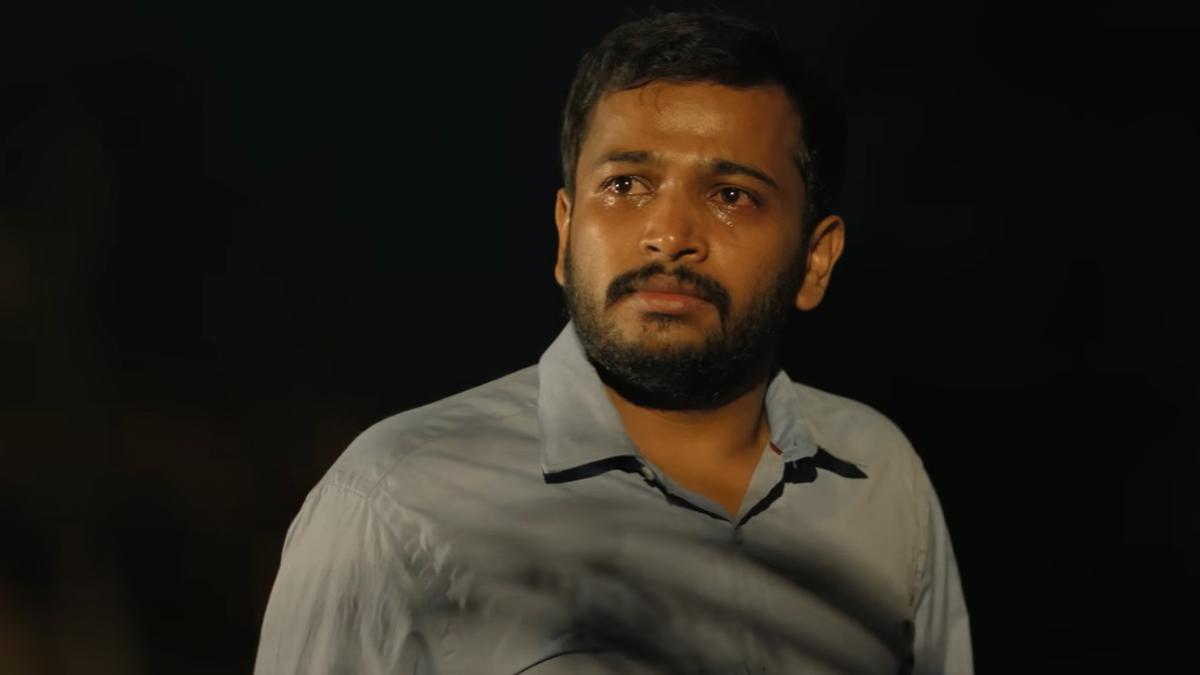
Netflix’s latest web series “IC 814: The Kandahar Hijack” found itself in stormy weather this week as numerous social media users erupted in outrage over the names given to the hijackers in the critically-acclaimed series. In response to the mounting public dissent, the Information & Broadcasting Ministry took swift action, summoning Monika Shergill, the content chief of Netflix’s OTT platform. Concurrently, a public interest litigation was filed before the Delhi High Court by the president of an organization called ‘Hindu Sena.’ The plea accused the series of distorting the religious identities of the hijackers by naming two of the five as Bhola and Shankar, demanding the revocation of the series’ certification.
Directed by Anubhav Sinha, the six-episode series meticulously recounts the infamous hijacking of Flight IC-814 on December 24, 1999. The tragedy began moments after the flight departed from Kathmandu heading towards New Delhi. The Airbus 300 aircraft was commandeered and rerouted to Amritsar, Lahore, Dubai, and finally to Kandahar in Afghanistan, a region then under Taliban control. After enduring six grueling days of negotiations, the crisis concluded with the Atal Bihari Vajpayee-led NDA government conceding to the hijackers’ demands by releasing three notorious terrorists—Masood Azhar, Omar Saeed Sheikh, and Mushtaq Ahmad Zargar—in exchange for the safety of the passengers and crew on board.
The series draws partial inspiration from “Flight to Fear,” a first-hand account co-authored by Captain Devi Sharan, the pilot of the ill-fated flight, and journalist Srinjoy Chowdhury. Despite the disclaimer that positions the series as a work of fiction against the backdrop of real-life events, the contention centers around the names of the hijackers. The creators opted for creative liberties, neglecting to make it explicitly clear that the terrorists had used codenames during the hijack, assuming the audience would intuitively understand this detail.
Historical records and numerous journalistic accounts from that period confirm that the hijackers did indeed use aliases. A press release issued by the Union Home Ministry on January 6, 2000, listed the names of the hijackers as Ibrahim Athar, Shahid Akhtar Sayeed, Sunny Ahmed Qazi, Mistri Zahoor Ibrahim, and Shakir. It also confirmed the aliases they employed.
. “To the passengers of the hijacked plane these hijackers came to be known respectively as (1) Chief, (2) Doctor, (3) Burger, (4) Bhola, and (5) Shankar, the names by which the hijackers invariably addressed one another,” the press release stated.
The debate appears to focus on the potential long-term implications of this narrative choice. BJP leader Amit Malviya expressed his concerns on social media platform X, stating, “The hijackers of IC-814 were dreaded terrorists who acquired aliases to hide their Muslim identities. Filmmaker Anubhav Sinha legitimized their criminal intent by furthering their non-Muslim names. Result? Decades later, people will think Hindus hijacked IC-814.” This statement encapsulates the crux of the outrage for many who fear that, in time, the nuanced details of the hijack might fade from collective memory, potentially leading to historical inaccuracies in public perception.
Though the series does not categorically clarify that Bhola and Shankar are codenames, it does reveal the true identity of Chief when the negotiations seem to be hitting an impasse. Journalist Neelesh Misra, who also authored a book on the subject, highlighted this point on X, mentioning that Chief was none other than the brother of Masood Azhar. Within the context of the series, Bhola and Shankar are portrayed as minor characters, and their codenames are used sparingly—only once throughout the six episodes.
The controversy sheds light on the broader issues of creative liberty and historical accuracy, especially when dealing with sensitive subjects such as terrorism and national tragedy. Indian cinema, and specifically Hindi television and web series, often grapple with this delicate balance. While artistic expression and storytelling are intrinsic to the medium, the responsibility of accurately representing historical events, particularly those with significant socio-political impact, cannot be understated. The fallout from ‘IC 814: The Kandahar Hijack’ is a stark reminder of the thin line creators tread between fictional dramatization and historical responsibility.










